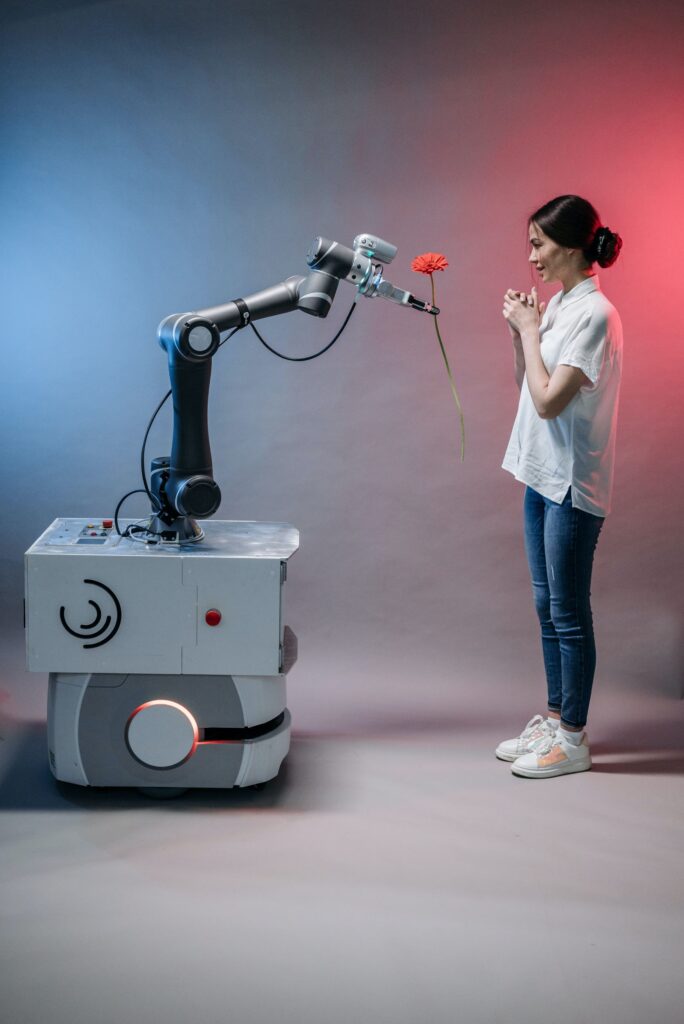AI is here in all its glory. It has become part and parcel of our lives without us even noticing it most of the time. A branching study of Artificial Intelligence is Emotional AI which deals with decoding human emotions for the sake of betterment of society.

Understanding the human mind and consequent emotions are key to unlocking various action reaction situations and using them to move forward in a constructive manner. Consider this, what if you have a datasheet full of reactions that were generated by people in response to certain images that invoke the emotional quotient in them?
Could you use these data points and configure the optimum response for the individual to donate to your Non-Profit?? If yes, how much traffic do you think you’ll garner? How much revenue?
In this article, we’ll see exactly how emotional AI is at the center stage of the latest trends followed by non-profits and how progress in this field is directly related to it.
Everything You Should Know About Artificial Intelligence

Applied AI or Narrow AI refers to the use of a certain software for the purpose of problem solving. Consider the likes of Siri, a voice assistant on apple devices, product recommendations made by Amazon and Google Maps providing the most optimum routes for your desired destination.
The three core concepts of working are – collecting data, understanding the data set and acting on the data points received in the process. As easy as it sounds, complex variations of this three-step process loom over our heads.
The use of AI by non-profits is said to grow by 361% only if the labor costs of manual AI and machine learning can be significantly reduced.
Five principles of AI in reference to Non-profits
In the recent decade or so, it has become imperative for non-profits to connect with new technologies and channel them towards better funding and aid in humanitarian programs. The biggest question that remains is, how? Emotional Artificial Intelligence bridges the gap between reading and understanding the respective trigger points of the human mind.
Here are five principles that are implemented by non-profit organizations:
Being of benefit
The funding associated with global healthcare and defense budgets should go hand in hand with a proper strategize funding structure for non-profits. The challenges faced by society on a daily basis demand this as a prerequisite.
Human Value
The alignment of guidelines set by the likes of Facebook and Google do not necessarily fall in line with what non-profit feel is the optimum solution for society as a whole.
Science Vs Policy
When it comes to the absolute well-being of society, each aspect of an individual’s welfare like policy makers, scientists, private companies etc, should come together in harmony. The right balance between all of these is crucial.
Transparency and Cooperation Among the AI Community
The warfare against societal challenges and adverse contingencies demands the involvement of new technologies and potential communities by Non-profits. The most significant upside of using AI in this way is that it paves the way for fundraising. For example, if the European Union brings about an ethical and human centric approach towards the future development of artificial intelligence. This would bring about a broader European strategy.
Safety and Responsibility
The use of artificial intelligence can also bring about the threat of data sets and personal security details of people associated with non-profits. So, it becomes imperative to dive into it as much as you can handle. Moreover, it becomes essential to look at the financial aspect of it. We are in the middle of a digital divide and must look at the grave implications that follow.
Benefits of using AI for Non-Profit Organizations

- The use of AI will take out labor costs and manual operations from the picture. The use of user friendly softwares will make the entirety of operations online which would make them easier to wade through too.
- More sophisticated metrics can help non-profits come up with better advocacy goals. Artificial intelligence can show data sets that identify the impact of non-profit policies and how they are perceived by the target audience.
Ethical Artificial Intelligence can be leveraged in the following manner:
- Building a diverse team
- Cultivating an ethical mindset instead of a checklist
- Conducting system analysis
- Being transparent in your approach towards new goals and policies
- Understanding underlying values
- Protecting data
- Giving control of data to users
- Taking feedback
Final Verdict

The very essence of non-profits lies in the fact that we make use of people’s feedback, their behavioural response to various policies implemented by non-profits. AI and ML can be used moving forward in this fairly new endeavour.

One thought on “How Emotional AI is a Boon for Non-Profits?”